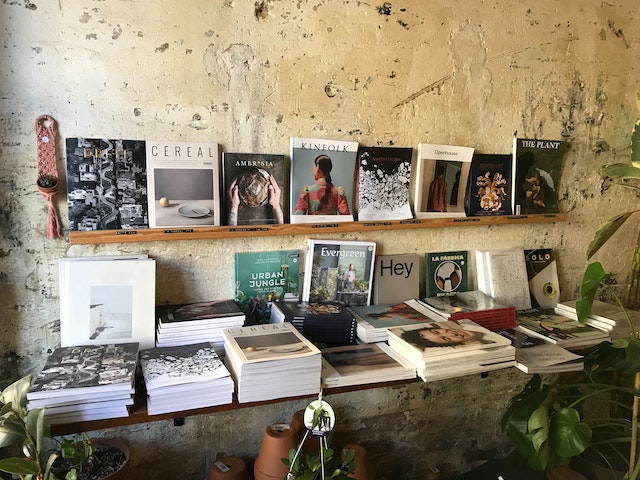Overcoming Obstacles: Inspiring Books About Resilience and Success
Life is full of challenges, and at times, it can seem like the obstacles we face are insurmountable. Whether it’s an unexpected setback at work or a personal tragedy, we all have to find a way to bounce back and keep moving forward. That’s where books come in. Reading about other people’s experiences and the strategies they used to overcome adversity can be incredibly inspiring and empowering. In this blog post, we’ll be sharing some of the most inspiring books about resilience and success that can help you overcome your own obstacles.

- Option B: Facing Adversity, Building Resilience, and Finding Joy by Sheryl Sandberg and Adam Grant
In Option B, Facebook COO Sheryl Sandberg shares her personal experience of losing her husband unexpectedly and the strategies she used to overcome her grief and find joy again. Along with co-author Adam Grant, Sandberg explores the idea of resilience and how we can build it to overcome life’s challenges. - Grit: The Power of Passion and Perseverance by Angela Duckworth
In Grit, psychologist Angela Duckworth examines the concept of “grit” – the combination of passion and perseverance that leads to success. Through her research, she shows that talent alone doesn’t guarantee success; it’s the willingness to work hard and persist through obstacles that really sets successful people apart. - Rising Strong by Brené Brown
Brené Brown’s Rising Strong is all about how we can bounce back from failure and disappointment. Through personal anecdotes and research, she explores the process of getting back up after we fall and how vulnerability can be a strength in building resilience. - The Obstacle Is the Way by Ryan Holiday
Based on the ancient philosophy of Stoicism, The Obstacle Is the Way by Ryan Holiday teaches us to look at obstacles as opportunities for growth. Rather than being defeated by our challenges, we can use them as a chance to develop our resilience and strength. - Mindset: The New Psychology of Success by Carol S. Dweck
In Mindset, psychologist Carol S. Dweck explores the idea of fixed versus growth mindsets. A fixed mindset believes that our abilities and characteristics are set in stone, while a growth mindset sees intelligence and talent as things that can be developed through effort and persistence. Developing a growth mindset can help us overcome obstacles and reach our full potential.
Overcoming obstacles is never easy, but with the right strategies and mindset, it’s always possible. Reading inspiring books about resilience and success can be a great way to gain the tools we need to tackle life’s challenges. Whether you’re dealing with a personal setback such as a fire or storm damage that needs recovery or simply want to develop your resilience, these books are sure to provide insight and inspiration. So why not pick one up today and start your journey towards a more resilient and successful life?








